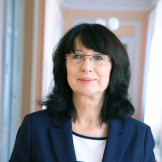
Aktuelno
Članak
Čović is the political loser of the year, SDP’s and DF’s buried hatchet is the success of the year
Except for those who are afraid of their threats, and there are less and less of them.

Listening to the voice of the public and citizens of Bosnia and Herzegovina who instinctively understand the political reality far better than the political analysts on TV, the news agency Patria concludes that the state of Bosnia and Herzegovina, despite all diplomatic activities that have not been in favor of pro-Bosnian forces, the activities that threatened to lead to a definitive ethnic division, for now, has been temporarily defended.
In the next year, there will be a head-to-head with the secessionist policy of Milorad Dodik, since the politics of Dragan Čović and HDZ has been beaten to a pulp, both before the domestic and European public. However, we must not be naïve because the talks on changes to the BiH Election Law (with repeated attempts to find a modality that would meet Čović's impossible political demands), will probably be on the table again, but certainly with much less chance of success.
This year ended ingloriously for Čović, just like the previous ones in which he announced "the adoption of the election law by the end of the year". And so it went on year after year, and we did not welcome any end of December with the adopted Election Law. And the biggest culprit for that was Čović, who condemned each and every negotiation to failure with his maximalist demands. Such a situation should be viewed primarily in the context of establishing a minimum
of pro-Bosnian civic unity in preserving the state of Bosnia and Herzegovina. This unity would not have been possible if the fratricidal war between the two largest civil parties in Bosnia and Herzegovina, the SDP and the DF, had not finally ended.
We think that the cessation of pointless hostilities between the SDP as the largest civic party and Željko Komšić as the most prominent politician of civic provenance - is the best thing that could have happened for Bosnia and Herzegovina and pro-Bosnian politics at the end of the year. It is clear that SDP and DF are not in any alliance, because one is in power at the state level and the other at the cantonal levels.
However, it is true that the very cessation of that long-standing public and media rift makes it impossible for anyone from the right political spectrum to be lenient with the demands of HDZ and SNSD when it comes to the biggest political issues in the country concerning its future. This was also seen in relation to the issue of changes to the Constitution and the Election Law of BiH, when the SDP made the move of the year, deciding to leave the negotiations, as long as the attack on the constitutional order by Milorad Dodik continues. Such a move was welcomed by pro-Bosnian civic options. Despite all the previous disputes, it seems that these two political options were able to overcome the animosity and put the interest of the state first.
That fact bothered Čović the most, but also some other politicians in BiH, who in recent years have been in alliance with international officials working against Bosnia and Herzegovina to the extent that they agree with secessionists to hold special NSRS sessions. They did everything, even more than what was in their power, to tempt domestic political actors to opt for the political solutions that would lead to disintegration of the state of Bosnia and Herzegovina.
Confident that he can break the pro-Bosnian and civic parties, Dragan Čović did not hesitate to publicly support Milorad Dodik's genocidal policy.
And if some thought that Čović was lonely, Fahrudin Radončić, the SBB leader, proved them wrong. Maintaining his alliance with Čović, he tried to justify the HDZ's insulting the victims of genocide, causing public dismay.
Čović failed, even with the support by Radončić and Mirsad Kukić (PDA), who publicly threatened that ‘if there is no change in the constitution and the election law, then there are no elections’, as well as many international officials, whose plan was quickly revealed.
Čović and his partners, on the other hand, are not the biggest political losers only because of the moves they made taking the side that is working to disintegrate the state, but also because their beliefs and ideas have finally shown their true colors. The moment they said what they really meant, everything became clear. Except for those who are afraid of their threats, and there are less and less of them.
#English
Najnovije
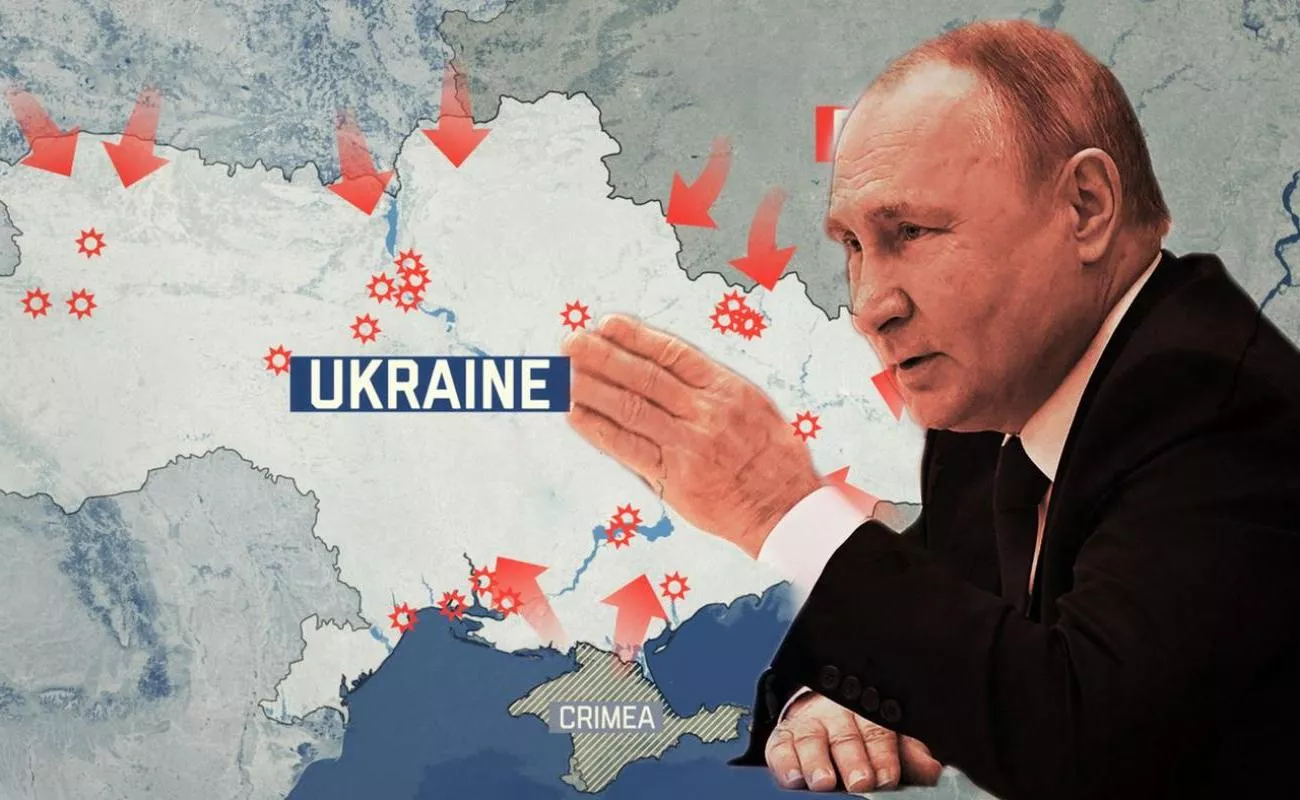
Četvrta godišnjica ruske agresije na Ukrajinu: Putinova greška koja Rusiju mnogo košta
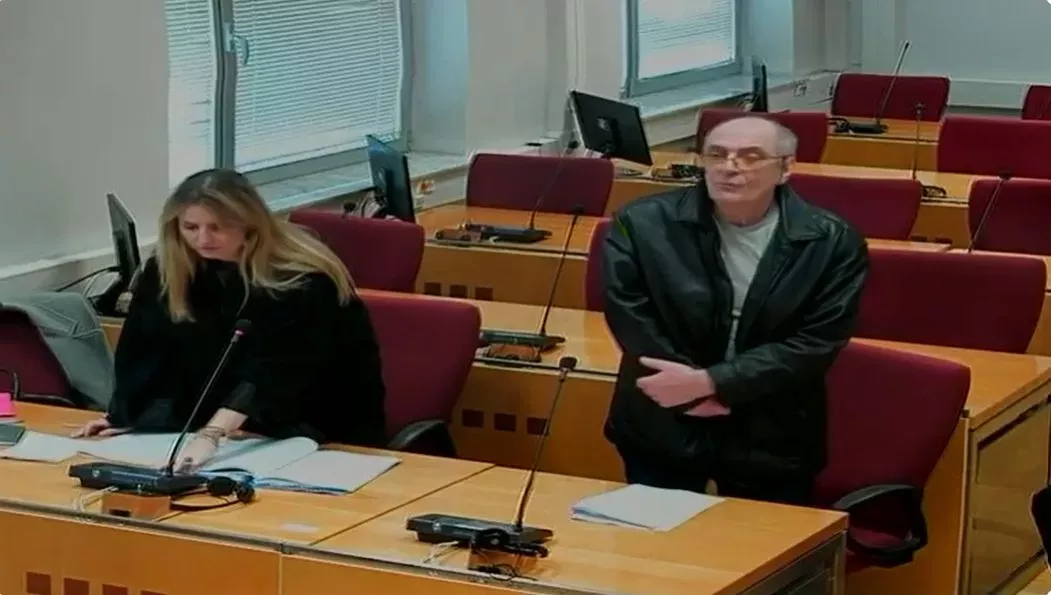
Zločinac Dragoljub Kunarac uz mjere zabrane pušten na slobodu
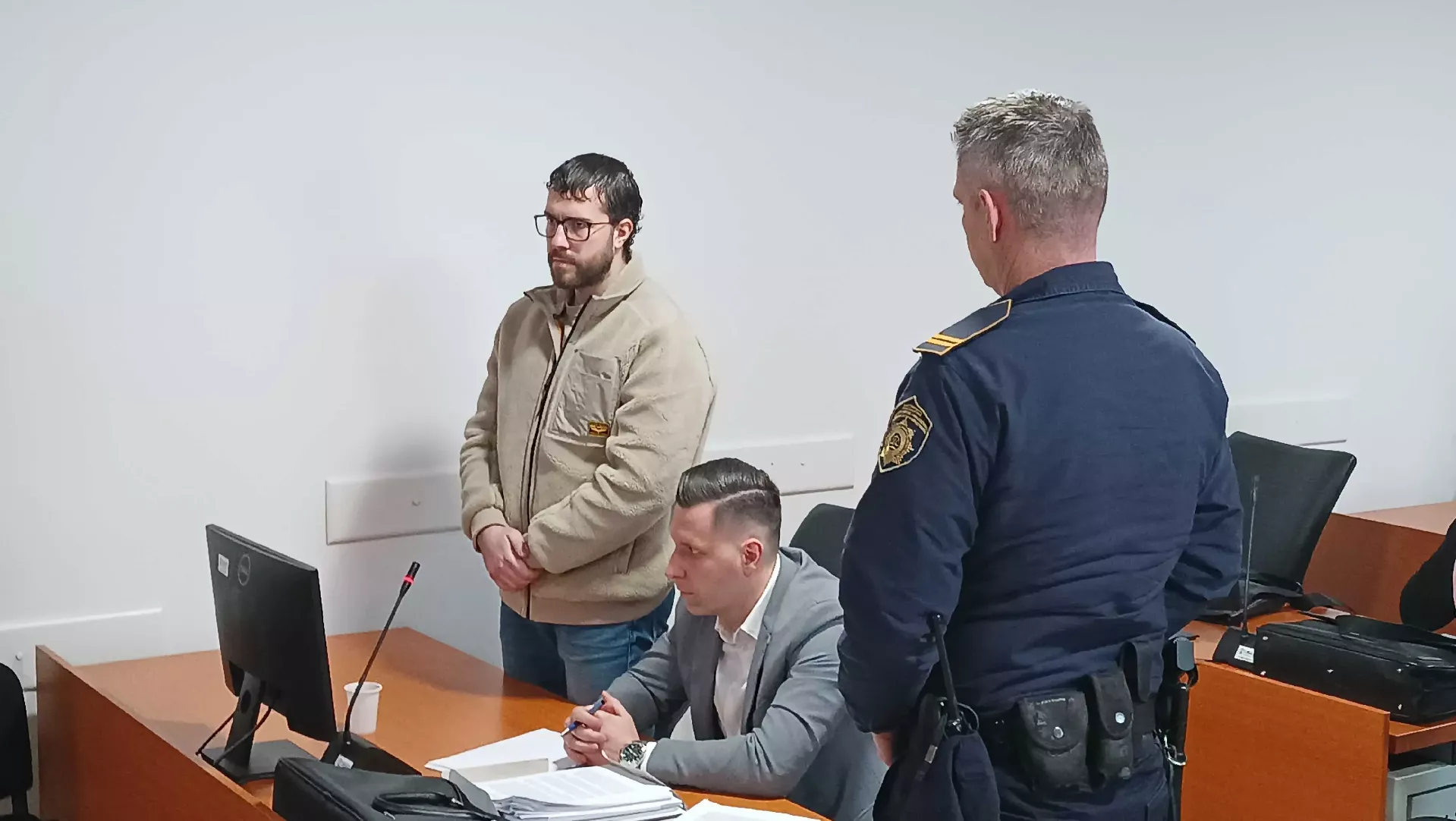
Ukinut pritvor Ahmedu Kastratiju, optuženom za ubistvo Saše Vilušića u Tuzli
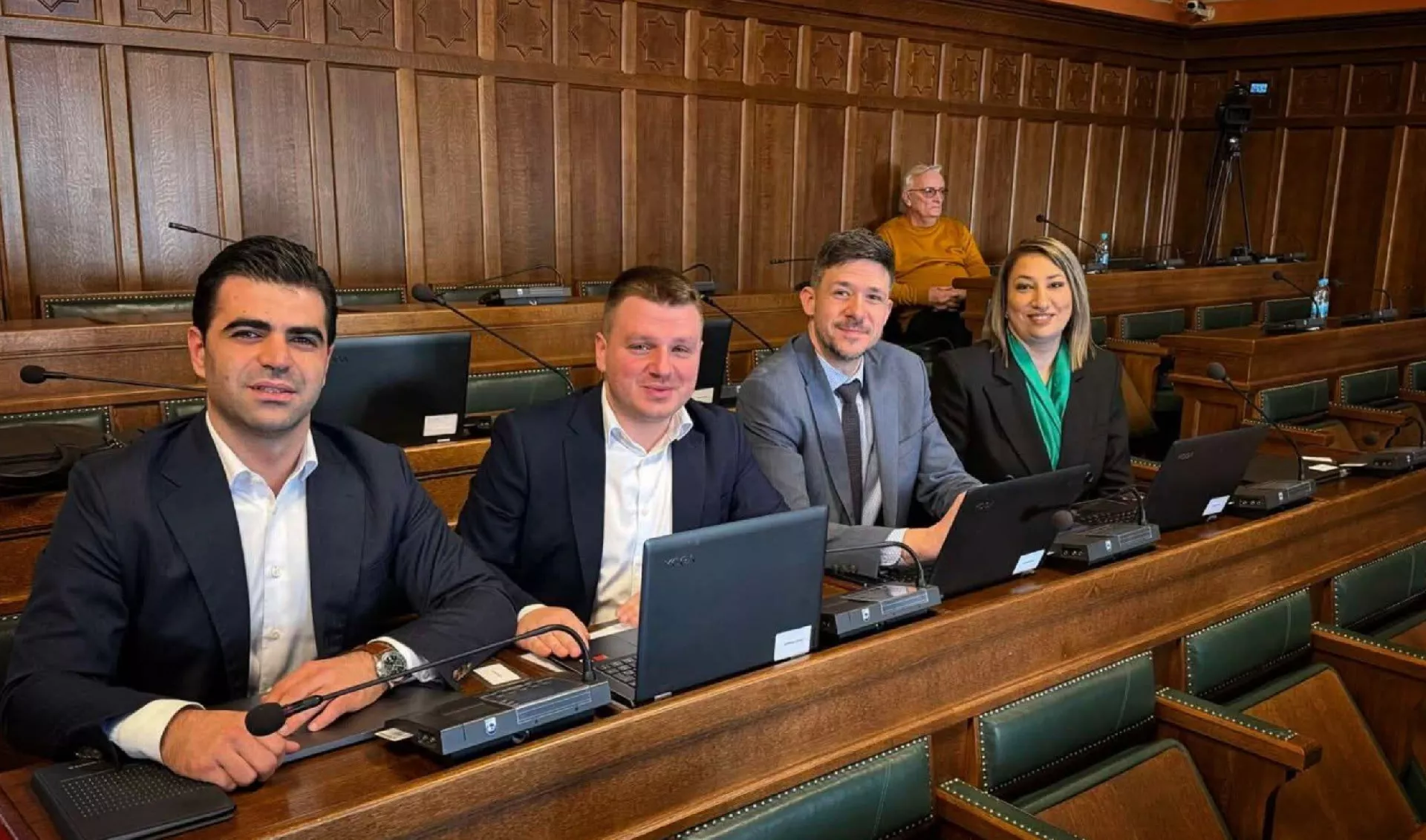
Klub vijećnika SDA u Gradskom vijeću: Sarajevo u ovom trenutku nema zakonito izabranog gradonačelnika
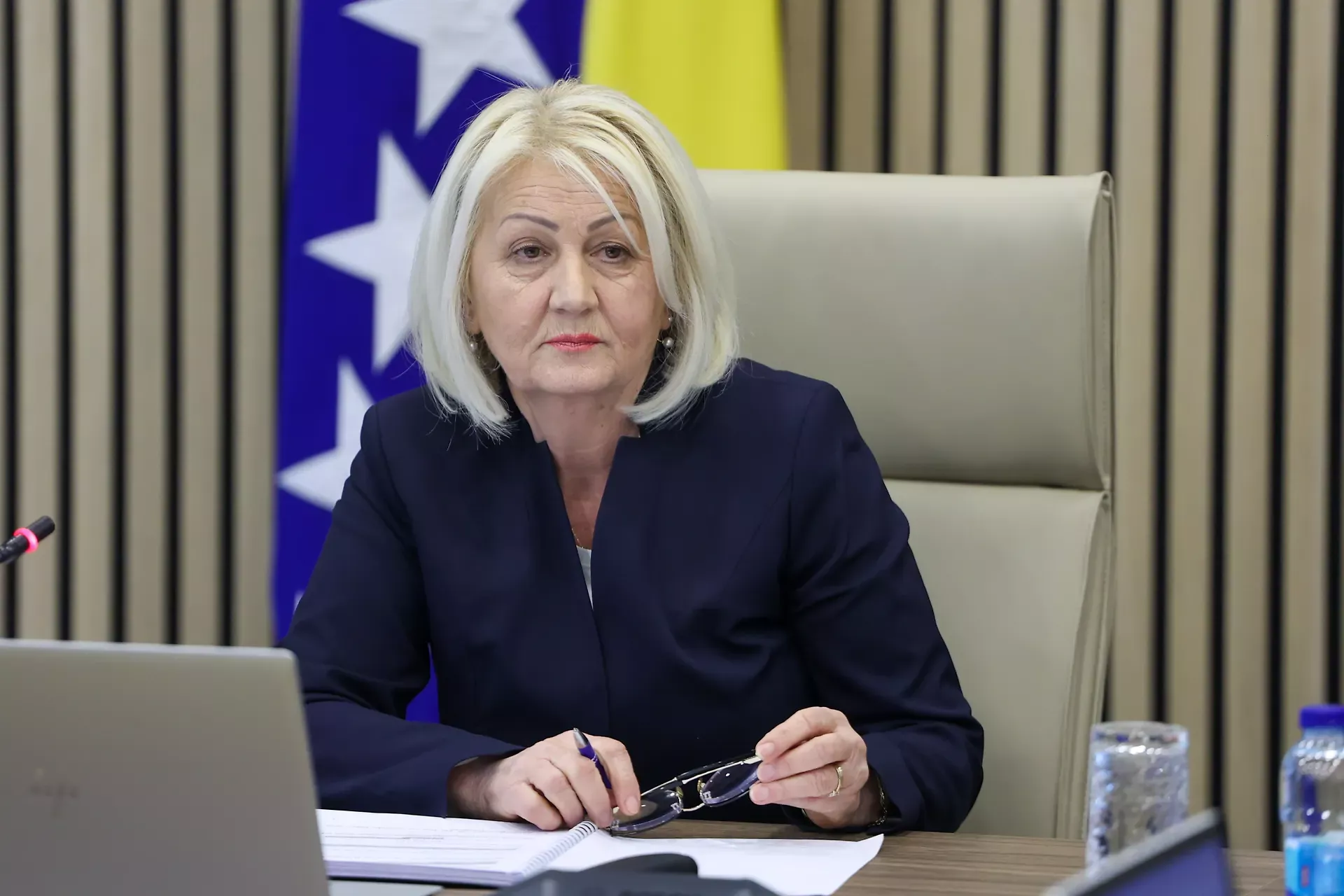
Krišto: Vijeće ministara BiH u potpunosti podržava projekt Južne interkonekcije
Najčitanije
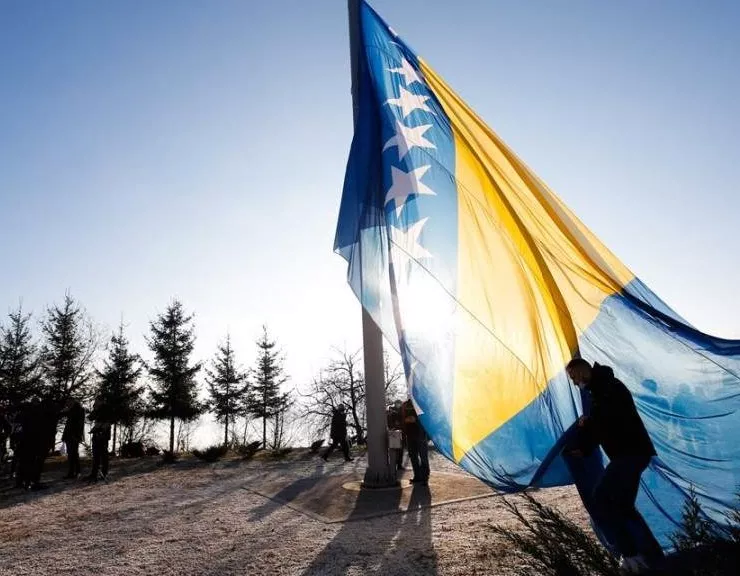
Dan nezavisnosti BiH obilježava se 1. marta i ne prenosi se, Hota-Muminović proglasila i 2. mart neradnim danom?
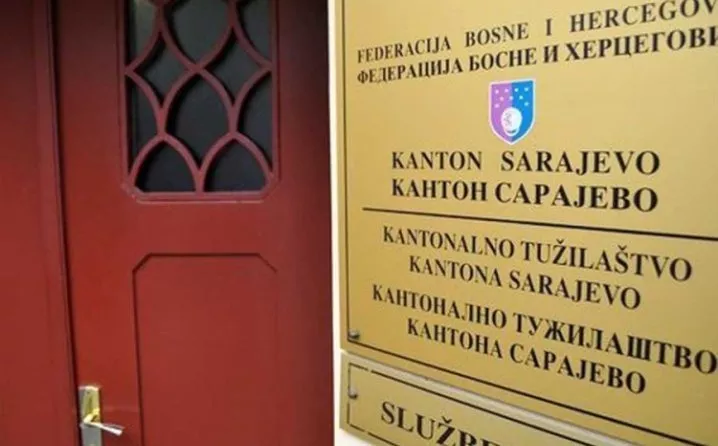
ŠTETA I UK NE ZNAJU Tužilaštvo KS neće provoditi istragu o dugu KJKP Gras zbog neplaćanja poreza i doprinosa
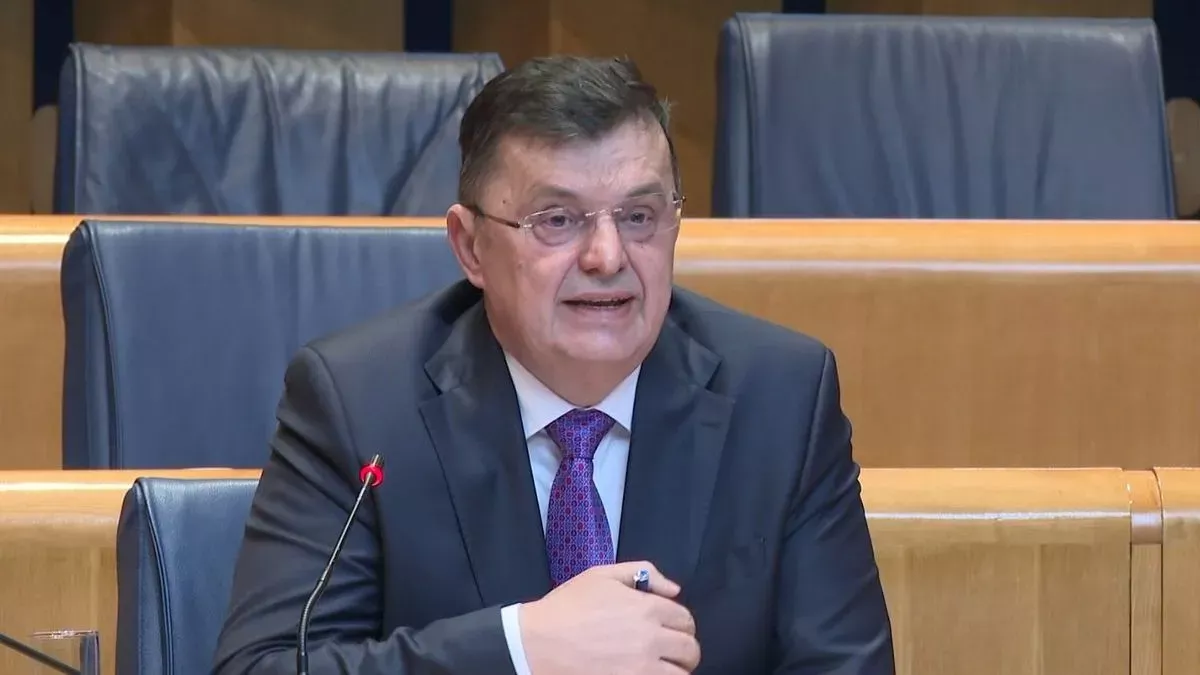
Komisiji za borbu protiv korupcije stigle prijave: Ko unaprijed gradi carinske terminale za UIO i kome se pogoduje
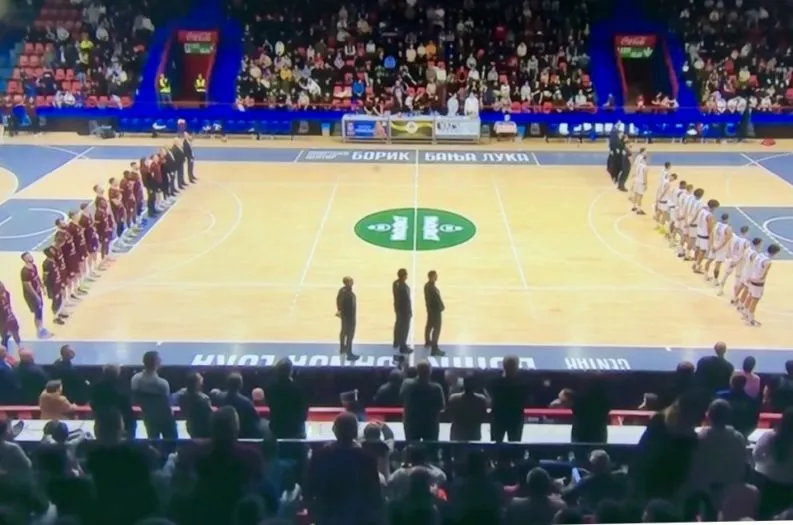
UTAKMICA BORCA I BOSNE U Banja Luci izviždana i prekinuto intoniranje himne BiH
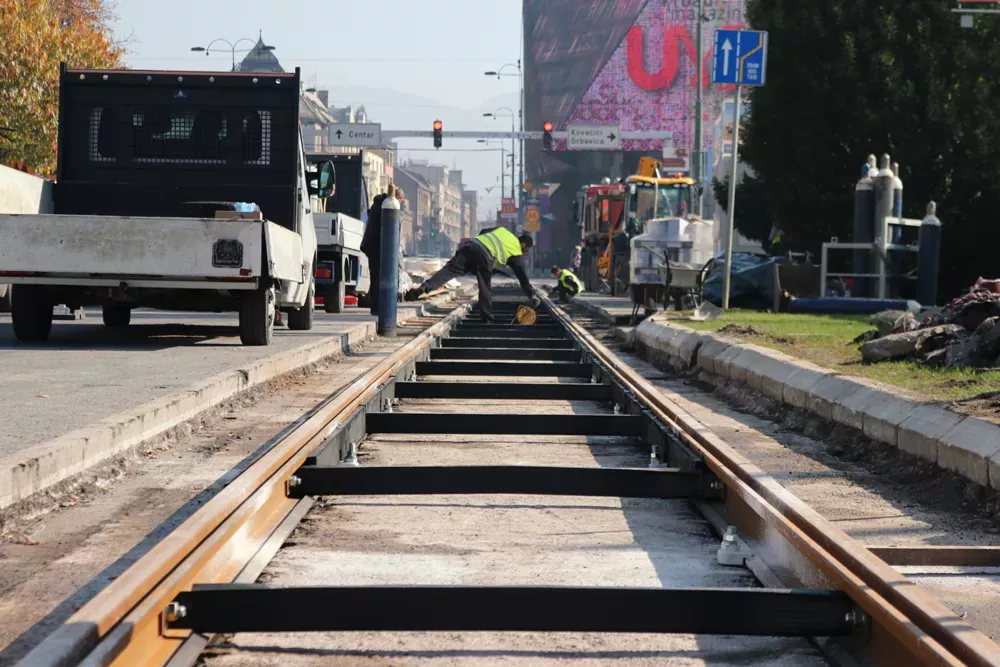
Vlada KS: Rekonstruisana tramvajska pruga ima sve upotrebne dozvole
